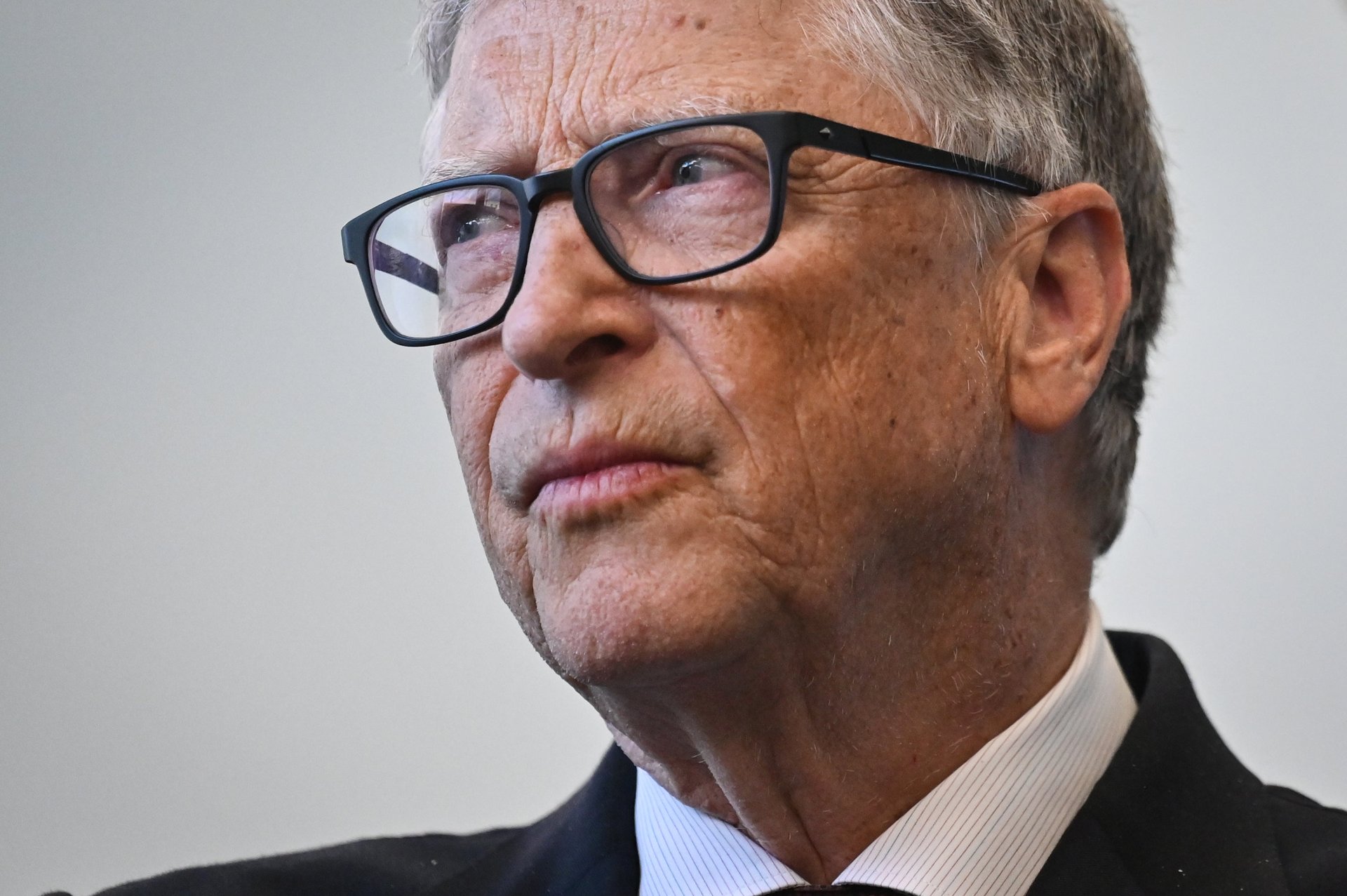Bill Gates says Elon Musk's DOGE is 'killing' poor children
The Microsoft co-founder holds Musk accountable for potentially millions of preventable deaths

Bill Gates is holding Elon Musk responsible for the preventable deaths of the world’s poorest children, as a result of his cuts to the U.S. foreign aid budget.
Suggested Reading
“The picture of the world’s richest man killing the world’s poorest children is not a pretty one,” Microsoft’s (MSFT) billionaire co-founder told the Financial Times on Thursday.
Related Content
In February the Trump administration kicked off sweeping cuts to foreign aid, overseen by Musk’s Department of Government Efficiency (DOGE). “USAID is a criminal organization. Time for it to die,” Musk wrote on X as the dismantling began.
The government eliminated more than 90% of the U.S. Agency for International Development’s (USAID) overseas aid contracts and cut $60 billion in overall U.S. assistance around the world. Simultaneously, Trump officials eradicated all 1,600 USAID jobs based within the U.S. and put the agency’s 4,700 overseas workers on leave.
Due to the USAID cuts, “the number of deaths will start going up for the first time ... it’s going to be millions more deaths because of the resources,” Gates told Reuters.
It’s thought that freezing and discontinuing funding to the Emergency Plan for AIDS Relief (PEPFAR) since January 24, may have already led to more than 4,800 child deaths.
Meanwhile, USAID memos estimate that an additional 200,000 children will be paralyzed with polio annually, and one million children will go untreated for severe acute malnutrition, as a result of the cuts.
On Thursday, Gates also announced that The Gates Foundation will close in 2045, decades earlier than previously thought. However, the foundation will hasten its charitable efforts, spending more than $200 billion on global health, development, and education over the next two decades, double what the foundation has pledged throughout the previous 25 years.